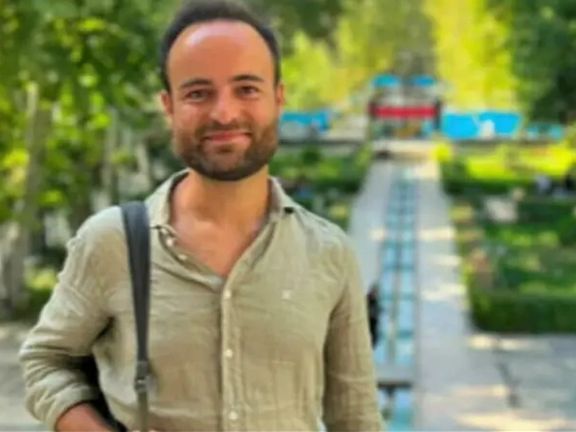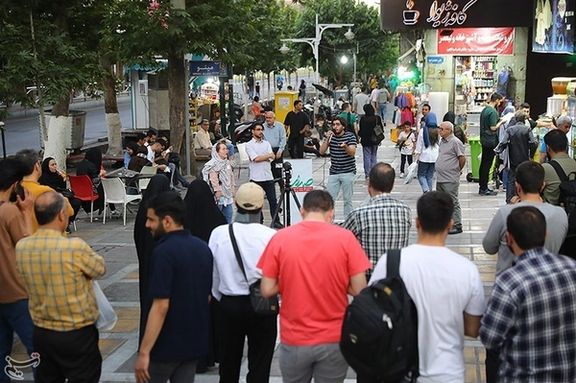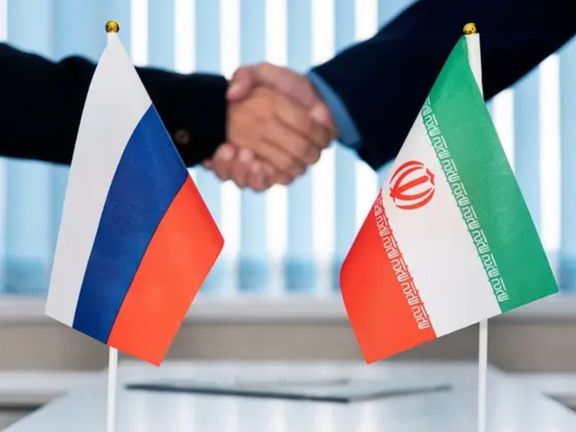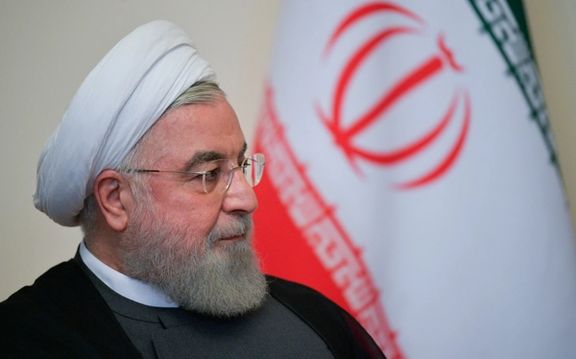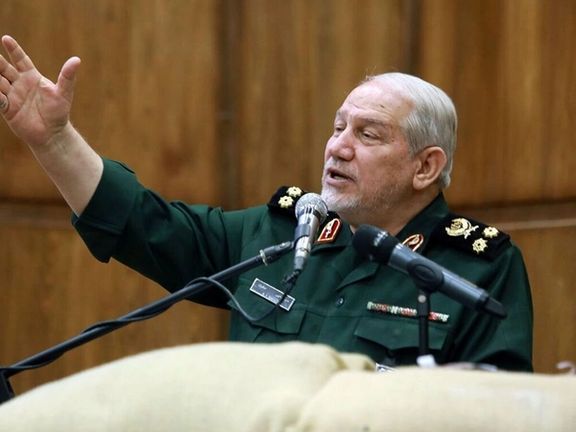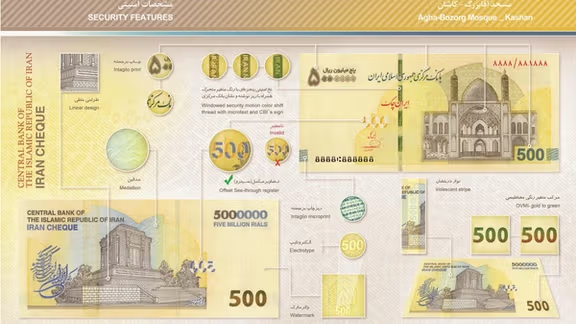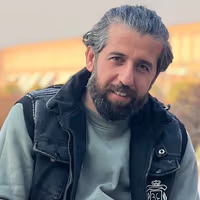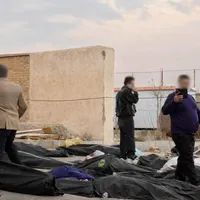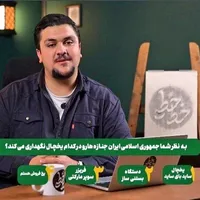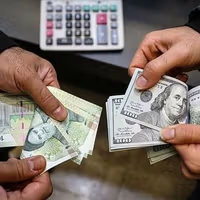His interview Monday on state television seems to have disillusioned many who expected Pezeshkian to openly criticize the establishment and its policies or even express defiance against unpopular policies.
The interview was focused on the economy and general issues. Throughout the interview, no reference was made to sensitive issues such as foreign policy, the nuclear issue, or hijab by the interviewer or Pezeshkian.
The candidate stressed that his government would not introduce any new economic strategies and policies. Instead, he said, he would try to efficiently implement the existing development plan by reforming the administrative system while making it transparent and accountable.
“He spoke 45 minutes about the economy and said nothing about the sanctions. He didn’t even use the word sanction. All he said about the economy was that he would continue the path of Raisi’s administration and the same plans. If so, those closer to Raisi’s administration (other candidates) can do it better,” Arash Sepehri, an economic pundit, tweeted.
UK-based Iranian political analyst Shahir Shahidsaless in a tweet said Pezeshkian revealed that he had no plans and was only going to execute Supreme Leader Ali Khamenei’s slogans, adding that he could not “light any glimmer of hope in the hearts” of Iranians. “I don’t think even subservient [candidates] such as Jalili and Ghalibaf would say such things,” he argued.
Some also allege that he is a ‘Pan-Turk’. This is based on his defense of teaching Turki, a sister language of Turkish and Azerbaijani, which is spoken by around 20 million in several provinces. Pezeshkian who was among the founders of a Turki-speaking faction in the parliament in 2016 is also known for advocating federalism.
“Who is the best candidate? A separatist [and] Pan-Turk who supports the Woman, Life, Freedom rebels:),” one of hardliner Saeed Jalili’s supporters alleged in a tweet.
Similar views have been expressed by some pro-monarchy and nationalist users on X.
“Precarious view of Pan-Turk Pezeshkian: the country must be administered federally!!” Armin1991 wrote on X.
A user who appears to adhere to ultra-nationalistic views argued that in these elections ‘reformists’ have resorted to playing the “Pan-Turk, separatist Pezeshkian card” and hardliners have rallied behind Saeed Jalili whose ideology is focused on the concept of Islamic ummah (nation).
Whereas Pezeshkian’s rivals including Saeed Jalili and Mohammad-Bagher Ghalibaf have bigger support in domestic social networks such as Eitaa and Rubika, Pezeshkian seems to be much more popular on X.
“Ghalibaf is president in Rubika, Jalili in Eitaa, and Pezeshkian in Twitter. On the street, however, no one knows the date of the elections,” Sina Sarmadi, a businessman, said in a tweet.
The supporters of the 69-year-old former lawmaker and minister of health praise him for having a down-to-earth lifestyle, being honest and outspoken, and say he is not corrupt like Ghalibaf and some of his other rivals.
Pezeshkian supported the 2015 nuclear deal. He has opposed the government’s plans of hijab enforcement and advocates freedom of speech and free access to the internet.
“They say Dr. Pezeshkian did not appear strong in last night’s interview. They are right. They have been accustomed to hearing [other candidates’] lies…and astronomical promises (four million housing units). They are not used to honest, implementable, and realistic statements,” Seyed Morteza Mir, a Pezeshkian supporter tweeted.
Pezeshkian tried not to make promises, and not take people for fools, Ali Ahmadnia, a reformist journalist, tweeted in Pezeshkian’s defense. “He knows due to his presence in the parliament the non-implementation of past development plans is caused by inefficient executives and governments having created plans after plans.”
Babak Majidi, a political reporter with the reformist Iranian Labour News Agency (ILNA), in a tweet, too, praised Pezeshkian for saying it is him who must listen to experts, not vice versa. “This was a real golden sentence,” he wrote.

